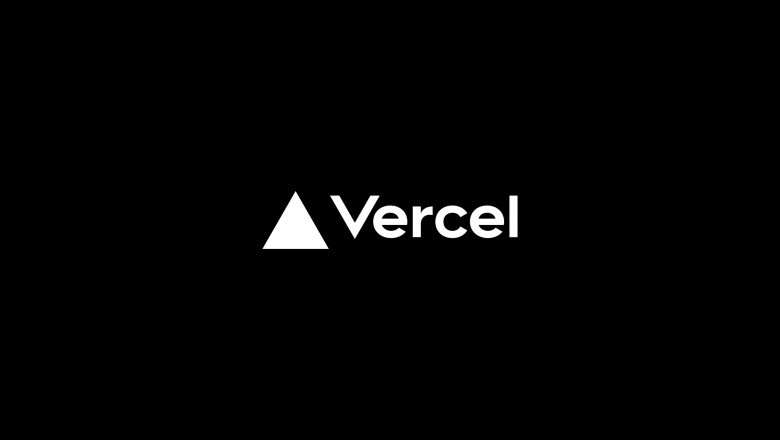views
Vercel is a leading platform for frontend hosting, particularly popular among developers working with frameworks like Next.js. Its performance, serverless architecture, and seamless Git integration make it a go-to solution for modern frontend deployment. However, it’s not always the perfect fit—teams often outgrow it or seek more customization, backend support, or budget-friendly options. That’s where the search for the best Vercel alternatives begins.
This article walks you through seven solid alternatives to Vercel, comparing features, use cases, and value for money.
1. Netlify – Ideal for Static Site Deployment
Netlify offers a very similar feature set to Vercel, making it one of the most commonly recommended alternatives. It supports static sites, serverless functions, and continuous deployment from Git repositories.
Why Choose Netlify:
-
Git-based workflow with instant rollbacks
-
In-built form handling and serverless functions
-
Free tier includes generous bandwidth and build minutes
-
Easy integration with modern frontend frameworks
Netlify shines in JAMstack projects and offers more control over pricing and plugin flexibility.
2. Render – Backend-Friendly Hosting
Render offers a more fullstack-friendly environment compared to Vercel. It supports Docker containers, static sites, background workers, cron jobs, and managed databases—all under one roof.
What Makes Render Stand Out:
-
Easily host APIs and databases alongside frontend
-
No server management required
-
Affordable pricing tiers with free hosting for static sites
-
Simple scaling and environment management
If your project includes backend logic or persistent services, Render is a powerful Vercel alternative worth exploring.
3. Cloudflare Pages – Lightning-Fast Edge Deployment
Cloudflare Pages focuses on high performance by deploying sites at the edge, ensuring minimal latency. It's ideal for developers who want speed and global reach without complex configuration.
Advantages:
-
Edge deployment with built-in CDN
-
Integrated with Cloudflare Workers for dynamic capabilities
-
Unlimited requests on the free plan
-
Strong developer tools and security features
Cloudflare Pages is best suited for static sites and projects that prioritize fast loading and global accessibility.
4. Firebase Hosting – Realtime Features Out of the Box
Firebase Hosting from Google is more than just a static site host—it’s part of a larger ecosystem offering real-time databases, authentication, and cloud functions.
Top Features:
-
Instant global CDN for frontend assets
-
Deep integration with Firestore and Firebase Auth
-
Supports single-page apps with smart routing
-
CLI and GitHub Actions support for deployment
Firebase is an excellent Vercel alternative for teams building real-time web or mobile applications with minimal DevOps overhead.
5. AWS Amplify – Fullstack Development with Enterprise-Grade Scale
AWS Amplify is a frontend and backend hosting service designed for building fullstack apps quickly while tapping into the broader AWS ecosystem.
Key Capabilities:
-
Auto-generated GraphQL and REST APIs
-
Supports frontend hosting, backend logic, and user authentication
-
Integrated CI/CD pipeline
-
Ability to scale effortlessly within AWS infrastructure
Amplify is ideal for enterprise teams or applications that require deeper AWS service integration, making it a robust Vercel replacement.
6. Railway – Effortless Infrastructure for Developers
Railway aims to simplify cloud hosting for fullstack apps by abstracting infrastructure details and letting developers deploy projects with minimal configuration.
Highlights:
-
Quick deployment from Git or CLI
-
Built-in PostgreSQL and Redis support
-
Preview environments for branches
-
Environment variable management and logs dashboard
Railway works well for projects where ease of deployment and backend service support are equally important.
7. Heroku – Tried and Tested PaaS
Heroku might not have the edge-deployment flair of Vercel, but it's been a stable and reliable PaaS (Platform as a Service) for over a decade.
Why Developers Still Use Heroku:
-
Fast deployments via Git or Docker
-
Scalable dynos for backend and frontend services
-
Massive plugin ecosystem via Heroku Add-ons
-
Supports multiple languages (Node.js, Ruby, Python, Java, etc.)
Heroku is a dependable Vercel alternative if you value reliability, backend flexibility, and support for legacy or monolithic applications.
How to Choose the Right Vercel Alternative
Here’s a simple decision matrix based on common needs:
| Your Need | Recommended Alternative |
|---|---|
| Frontend-first static sites | Netlify, Cloudflare Pages |
| Fullstack applications | Render, Railway |
| Realtime and mobile integration | Firebase Hosting |
| Enterprise-grade scalability | AWS Amplify |
| Simplicity and maturity | Heroku |














Comments
0 comment